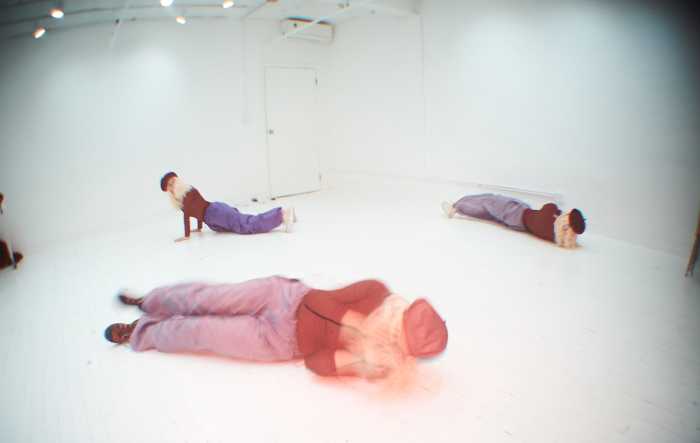The catastrophic impact of Haiti’s 7.0 magnitude earthquake has had rippling effects throughout the Haitian community in the United States.
In response to the legal standing of thousands of immigrants, Secretary of Homeland Security Janet Napolitano granted Temporary Protected Status (TPS) to undocumented Haitians present in the states on or before January 12, 2010 and organizations along with political leaders in Queens have banded together to aid Haitian Americans in the application process.
Congressmember Gregory Meeks of the Sixth Congressional District has announced a series of initiatives to help Haitian nationals, including workshops and information sessions. Attorneys and graduate students of the CUNY School of Law are partnering with community centers in Queens to provide free legal services at these briefings.
“This has been one of the worst global national disasters in history and would be inhumane to send individuals into these extremely unsafe conditions,” said Meeks. “Many Haitians in America are worried about their loved ones and should not have to worry about the possible threat of deportation.”
Though it is not a pass to permanent status, TPS allows noncitizens to live and work legally in the United States, in this case, for the next 18 months. There is a 180-day registration period, effective January 21, 2010.
For those who have collected years of unlawful presence, the accumulation ceases upon receiving TPS. To apply, one must present proof of residence and nationality, in addition to other records. Documents such as church frequency statements, report cards, and hospital records are being used due to numerous personal losses caused by the earthquake.
“The government is essentially telling people ‘we want to support you in supporting your families,’” said Alizabeth Newman, director of Immigrant Initiatives at CUNY School of Law. “They understand the problems and it’s resulting in broad interpretations of the laws.”
There are more than 26,658 Haitians in Queens, according to the U.S. Census Bureau, and several organizations are anticipating an influx of applicants over the next few weeks.
“We’re expecting a very healthy showing,” she said, after a conference call with over 1,000 people, with three different organizations rallying to volunteer legal advisors. “It’s been amazing to watch the outpouring of people wanting to do something.”
On Saturday, January 30, the CUNY graduate network will be working with Haitian-Americans United for Progress Inc. (HAUP) in Cambria Heights, where volunteers and attorneys plan to work in shifts to provide free consultations and application assistance for those interested in TPS. Training has already begun for law students, many of whom were involved in a year-long immigration clinic. On CUNY’s part, the effort had been student initiated.
There has been an abundance of offers for services since the announcement.
Every Thursday in the month of February, applicants can meet individually with an attorney at the Jamaica office of Congressman Meeks, 153-01 Jamaica Avenue, from 9:30 a.m. to 4:30 p.m. Meeks warns Haitians seeking TPS that individuals have already started to take advantage of the situation, charging upwards of $1,000 to process TPS paperwork. Filing fees are only $50 for the first round and $350 for the second round of filings.
“There are so many places for people to go for free competent legal help from attorneys,” said Newman. “Free help is definitely out there and the extra effort is being seen. Applicants should shy away from notaries and scams, and keep copies of papers they submit.”
Haitians eligible should visit the website for the New York Immigration Coalition at www.thenyic.org for a list of TPS event venues and resources.































